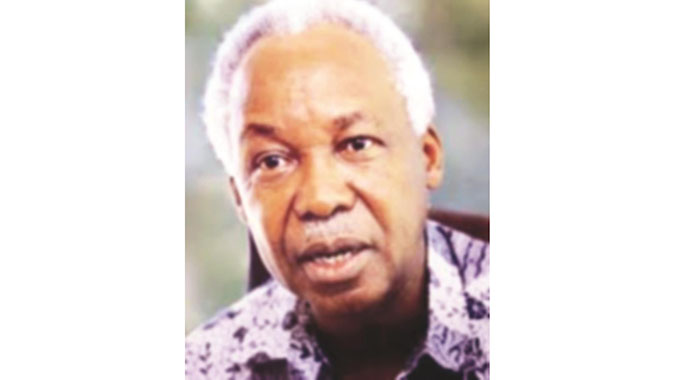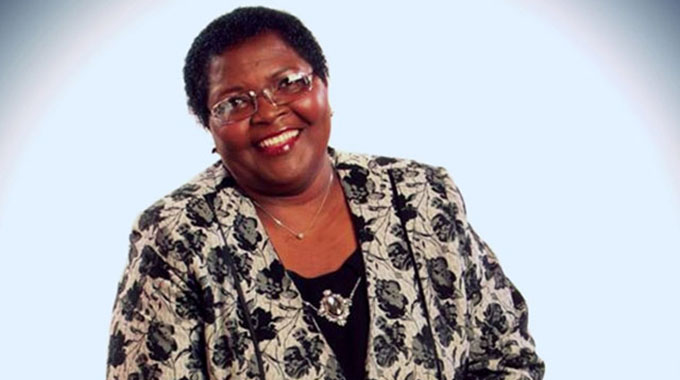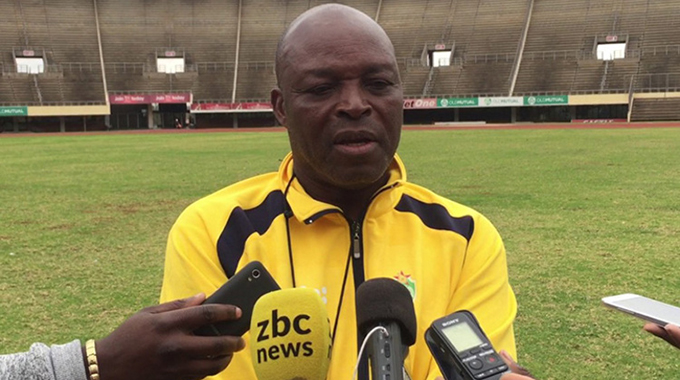Elections in Africa: ‘Democracy not a bottle of Coca-Cola which you can import’

Kwame Muzawazi Correspondent
One of the icons of African independence, Julius Nyerere, famously said “Democracy is not a bottle of Coca-Cola which you can import.”
He was warning against the stampede to embrace Western notions of what is government of the people by the people, which began in the late 1950s and continues today.
Africa has never paused a moment to ask what the best political system is for Africa, in accordance with our history, culture and peculiar situations.
It’s been 60 years of Africa’s experiment with the Western doctrine of what is democracy, and that is long enough to warrant an evaluation.
Sadly, those 60 years have proved that there is no relationship whatsoever between what the West says is democracy and African development.
To run their elections, African countries are increasingly importing very expensive technology they call the BVR system (Biometric Voter Registration).
We have witnessed America’s military adventurism in Libya, Iraq and Afghanistan on the grounds of what former US President George W Bush termed “the spread of freedom and democracy”.
The result — these three countries are now humanitarian crisis centres with no light at the end of the tunnel.
In any given year, there are more elections happening in Africa than in Europe.
Elections in Africa are more expensive than elsewhere in the world per capita; they take more people to organise and are a logistical nightmare.
Even more interesting, there are countries such as China, the United Arab Emirates, Saudi Arabia and Qatar whose people have never heard of elections but enjoy the highest quality of life and development.
To run their elections, African countries are increasingly importing very expensive technology they call the BVR system (Biometric Voter Registration) from China.
The cold facts on the ground are so worrying that Africa needs to urgently organise a summit of summits on the proportion of the 1945 Pan-African Congress held in Manchester to answer an historic question: why is it that the more elections we have organised since 1957, the more we have got poorer as a continent? Yes it’s a provocative question simply because the maths isn’t adding up.
Astonishing cost
Now to the cost. In 2017, the Kenyan Ministry of Finance reported that Kenya had spent $650m on that year’s disputed presidential elections. In the 61 years between 1957 and 2018, Africa has held approximately 220 Presidential elections, 370 parliamentary elections and 130 referendums.
The conservative average cost for the 55 countries, be it for a Presidential election or otherwise is pegged at $200m per election. So far, the bill stands at an astonishing $144bn.
Africa has nothing to show for $144bn spent on elections that have not brought development. This money is more than enough to have given Africa the best road infrastructure in the world, education for every living African and functioning hospitals. Paradoxically, the aftermath of elections have mostly resulted in underdevelopment, bloodshed and the deployment of the most expensive UN peacekeeping missions.
The world’s richest country on paper is the Democratic Republic of Congo. But DRC has failed to realise the promise of its vast and unparalleled wealth on the simple count that it has failed to hold “free and fair elections” since independence from Belgium in 1960. Then there is Zimbabwe, which is the world’s only country that is expected to hold a textbook-perfect election to the extent that whoever leads Zimbabwe is trapped in expectations of heavenly perfectionism.
Africa has nothing to show for $144bn spent on elections that have not brought development.
There was democracy in Africa long before the 1884 Berlin Conference. We made the mistake of embracing alien political cultures that work in Europe but not in Africa. It’s imperative we accept that the political processes as being conducted now are fatally flawed as far as Africa is concerned.
Questioning what elections and Western democracy have given us is sure to be considered treasonous in some quarters. A British statesman noted “Where it is a duty to worship the sun, it is pretty sure to be a crime to examine the laws of heat”. — New African.








Comments